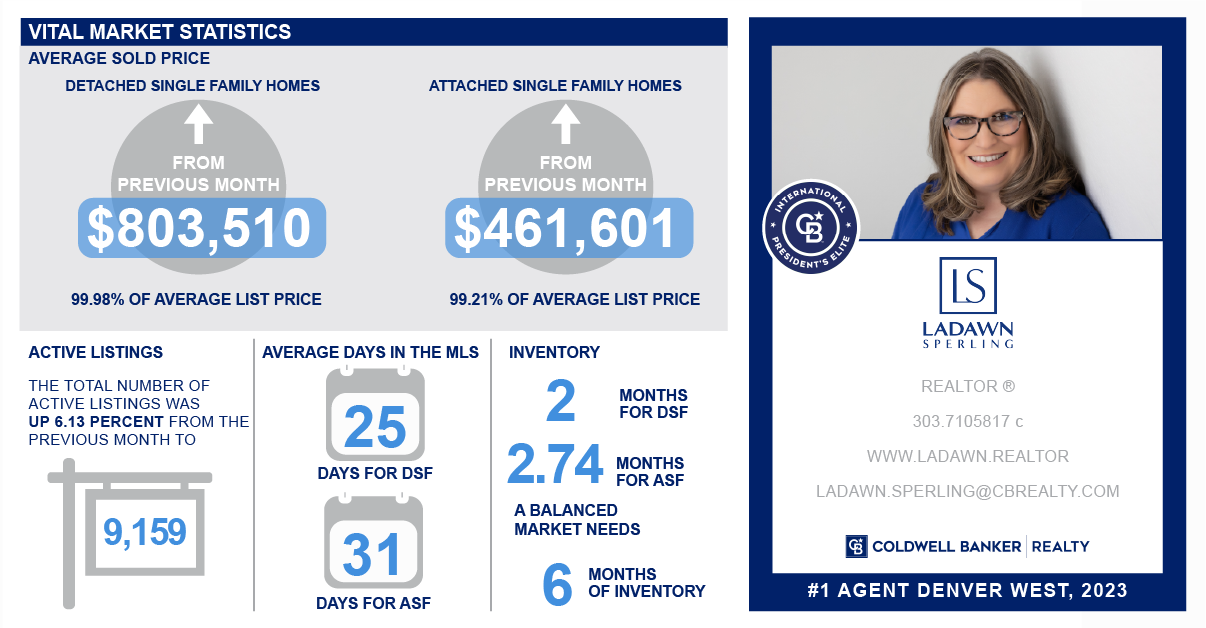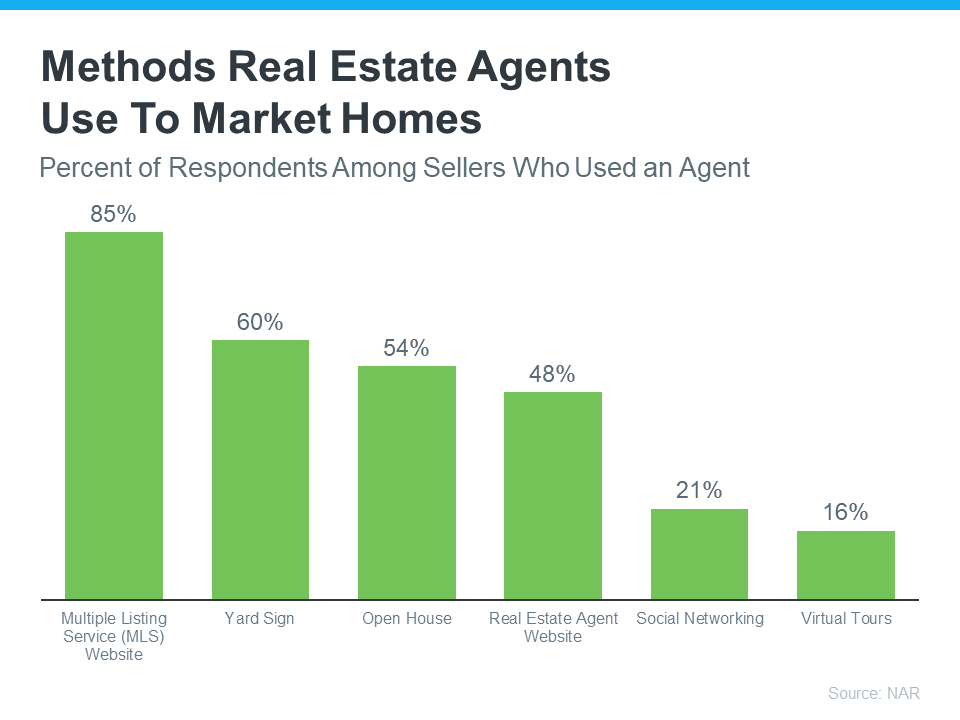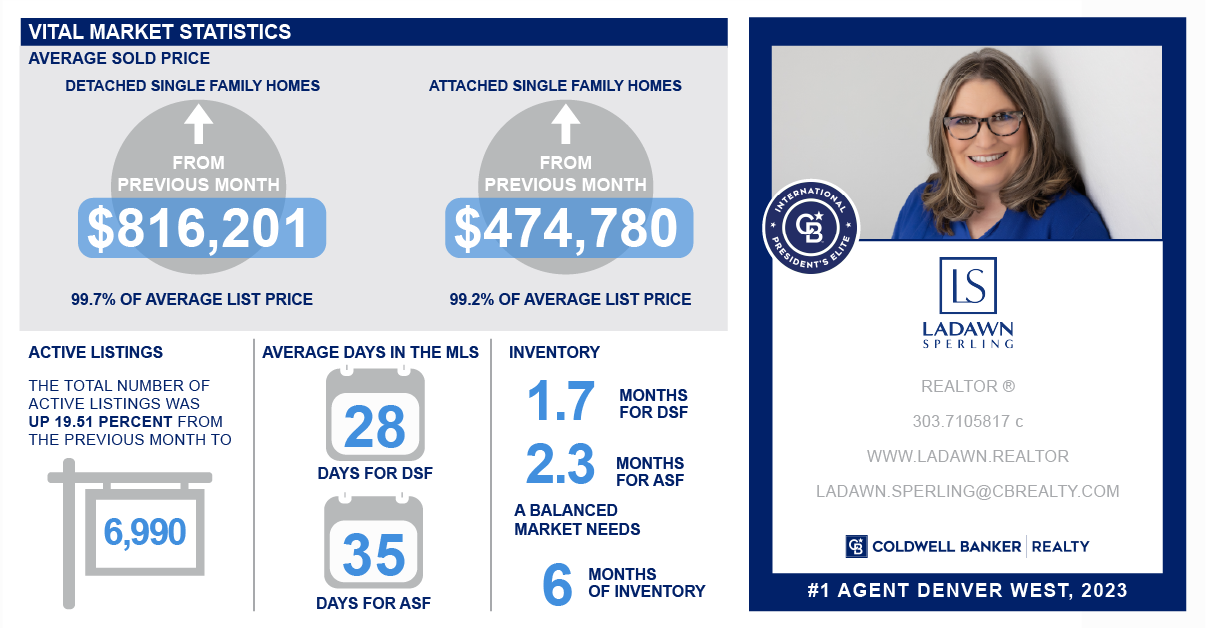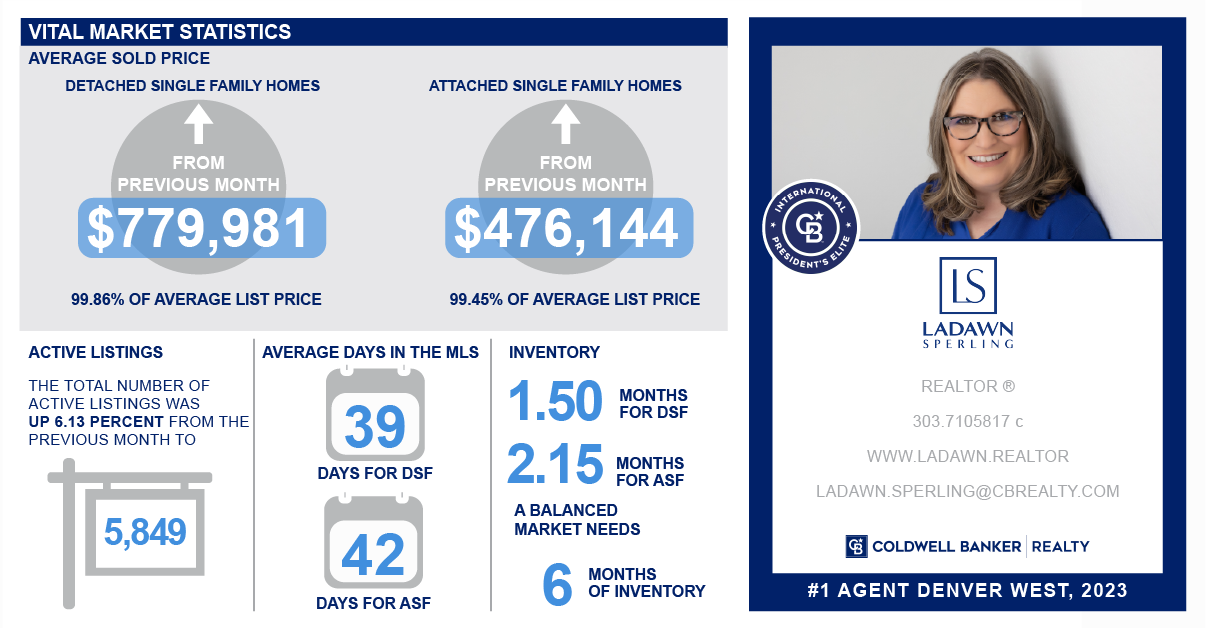As we cross into the second half of 2024, the Denver Metro real estate landscape presents a complex yet intriguing picture, far removed from the predictable patterns we’ve grown accustomed to. This June, the market feels distinctly topsy-turvy as various factors contribute to its unique rhythm.
June’s key real estate metrics highlight significant shifts:
- Active Listings: Saw a sharp increase to 10,214, up 11.52% from last month and a striking 68.27% year-over-year. This growth is the highest on record for this year, clearly illustrating a rising inventory trend.
- Average Days in the MLS: Increased to 12 days, up 33.33% from last month, suggesting that while homes are still moving, the pace has relaxed, allowing buyers more time to make decisions.
- New Listings: Interestingly, declined by 16.38% to 5,825, signaling a decrease that typically doesn’t occur until the later summer months, hinting at early buyer fatigue or market caution.
Market Contradictions and Future Outlook: The increase in pending sales juxtaposed with a rise in days on the MLS and a drop in closed sales paints a picture of a market that marches to its own drum. Anticipations of lower mortgage rates in the fall could be causing some buyers and sellers to hold off, potentially setting the stage for an active market in the latter part of the year, despite traditional slowdowns during presidential election cycles.
Navigating This Market: Real estate remains intensely local. Each neighborhood’s activity depends on specific factors like price and condition. It is essential for those looking to enter the market to set up time with me so I can provide detailed analysis based on recent sold data, helping align strategies with your personal real estate goals.
Need Expert Guidance? If you’re pondering your next steps in the Denver Metro real estate market, don’t hesitate to reach out. I’m here to provide the insights and assistance you need to make informed decisions.
This update is based on information provided by the Denver Metro Association of Realtors® for the period of June 1, 2024, through June 30, 2024, for the following counties: Adams, Arapahoe, Boulder, Broomfield, Clear Creek, Denver, Douglas, Elbert, Gilpin, Jefferson and Park.
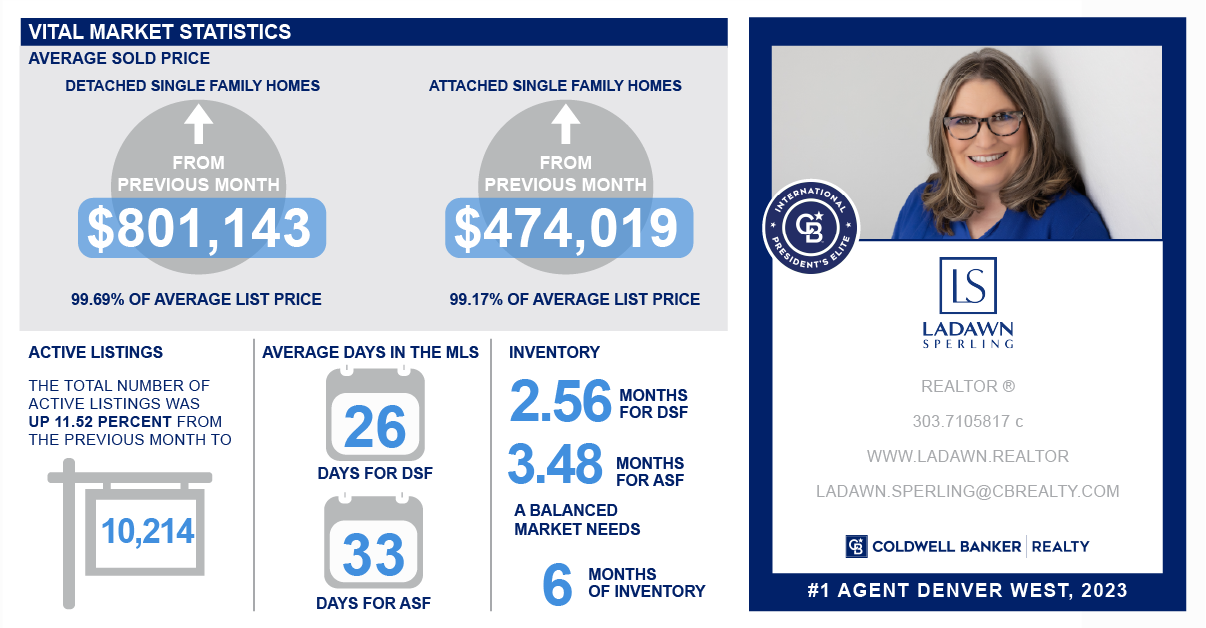

 Facebook
Facebook
 X
X
 Pinterest
Pinterest
 Copy Link
Copy Link



